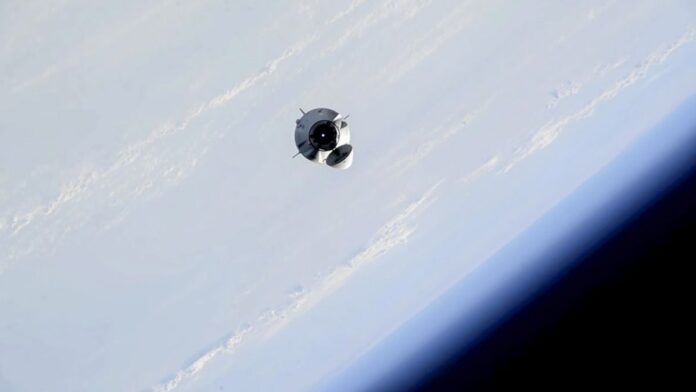After months of back and forth sorting vehicle traffic, docking ports, cargo allocations and crew rotations, NASA is zeroing in on a solidified flight manifest for its upcoming crewed launches to the International Space Station (ISS).
Station traffic has been steadily increasing over the past several years, with rotations of SpaceX crew and cargo Dragon capsules joining the regular ferry of Russian Progress and Soyuz spacecraft, Northrop Grumman’s Cygnus cargo vessel and, most recently, Boeing’s Starliner vehicle.
Now, NASA, Boeing and SpaceX have mapped out who will fly when for the agency’s commercial crew flights to the ISS.
Related: International Space Station: Facts about the orbital laboratory
Next up will be the long-awaited Crew Test Flight (CFT) of Starliner, set for no earlier than (NET) July 21 this year. On the first crewed flight of Starliner, NASA astronauts Barry “Butch” Wilmore and Suni Williams will fly to the ISS for an eight-day shakedown mission before the capsule parachutes back to Earth in White Sands, New Mexico. Wilmore and Williams’ flight aims to certify Starliner for operational crewed flights beginning in summer 2024.
The first of those operational crewed Starliner missions, Starliner-1, will feature NASA astronauts Scott Tingle and Mike Fincke. Two more crewmembers will be announced in the coming months, the space agency said in a statement (opens in new tab). Starliner-1’s summer 2024 launch timing is also dependent on the success of CFT and the completion of any modifications to Starliner that may be required after NASA and Boeing analyze the CFT mission.
Starliner-1 will fly a new capsule, currently under construction at Boeing’s facility at NASA’s Kennedy Space Center (KSC) in Florida. On the upcoming CFT, Wilmore and Williams will be flying in the same Starliner vehicle that flew Orbital Flight Test-2, in May of last year.
NASA’s next crewed mission to the ISS aboard a SpaceX Dragon, Crew-7, is set for NET mid-August of this year. So far, only half the seats for Crew-7 have been filled. NASA astronaut Jasmin Moghbeli and European Space Agency (ESA) astronaut Andreas Mogensen have been assigned the mission, with two more expected to be announced in the coming weeks. Their mission will be significantly longer than Starliner’s CFT. Typical SpaceX crew rotations last about six months. Crew-7 astronauts will fly aboard SpaceX’s Dragon Endurance, which also flew the Crew-3 and Crew-5 missions.
SpaceX’s Crew-8 mission is slated to lift NET February 2024. Meanwhile, SpaceX is also scheduled to fly a second crewed mission to the ISS for Axiom Space, Ax-2, in the coming months, in addition to the privately funded Polaris Dawn citizen astronaut flight to orbit later this year. The next couple of years may in fact turn out to be the most diverse mixture of private and government-funded crewed launches in American history. It’s a pretty cool time to be a space fan.
Follow us @Spacedotcom (opens in new tab), or on Facebook (opens in new tab) and Instagram (opens in new tab).

